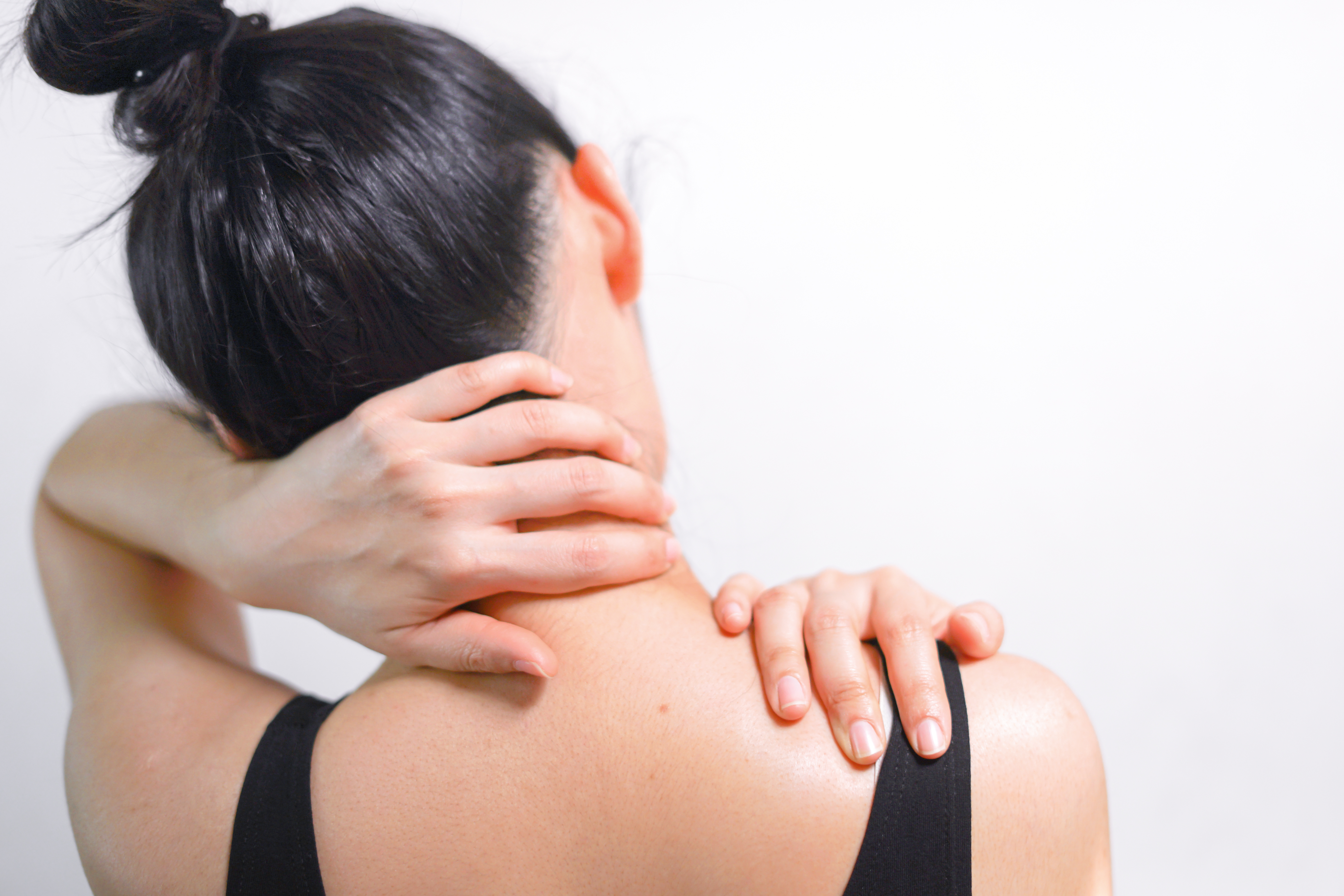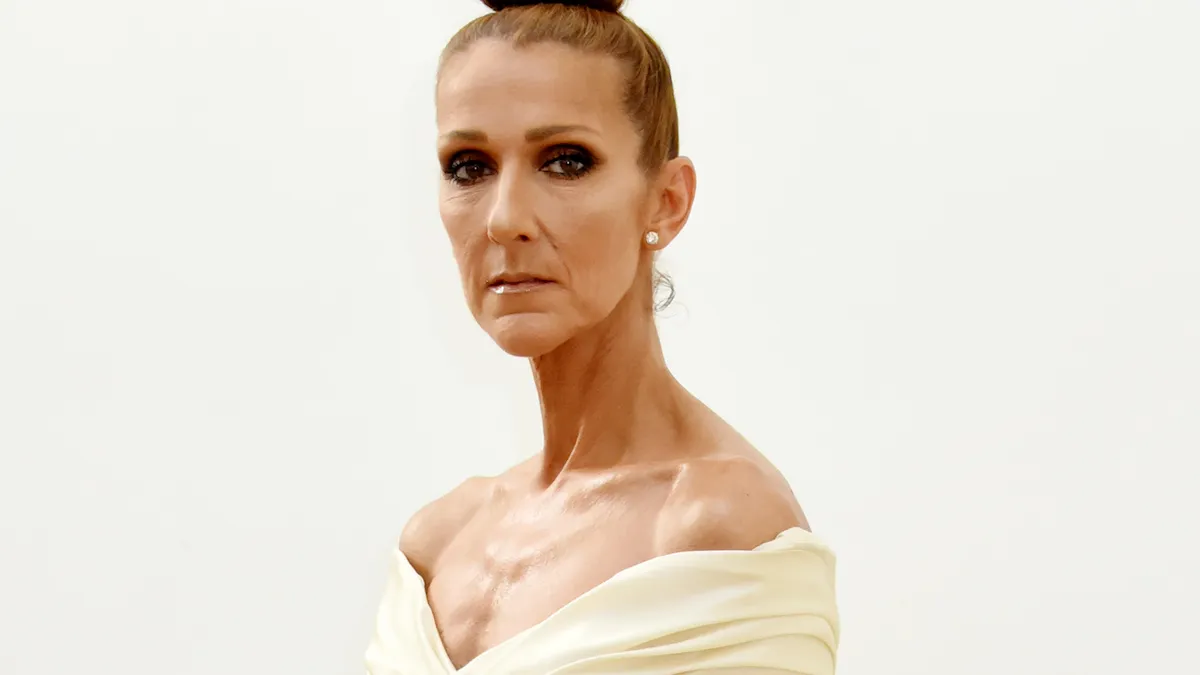After Celine Dion's emotional announcement that she has been diagnosed with stiff-person syndrome, forcing her to postpone dates on her European tour next year, many were left with questions surrounding the ultra-rare illness.
So what is stiff-person syndrome (SPS)? The iconic singer described it in her video as a neurological disease that causes painful spasms and makes it difficult for her to walk, and the one-in-a-million disorder can also even impact her ability to sing.
"While we’re still learning about this rare condition, we now know this is what’s been causing all of the spasms that I’ve been having. Unfortunately, these spasms affect every aspect of my daily life, sometimes causing difficulties when I walk and not allowing me to use my vocal cords to sing the way I’m used to," Dion said in the tear-jerking Instagram video.
Get Tri-state area news delivered to your inbox.> Sign up for NBC New York's News Headlines newsletter.
While it isn't known what causes SPS, some research shows it may stem from an improper autoimmune response in the brain and spinal cord, according to the National Institute of Neurological Disorders and Stroke (NINDS). It also affects twice as many women as men.
There is no known way to prevent getting SPS.
Here's what we do know about the potentially debilitating disease, and what treatments are out there that can help one suffering from it get better.
Symptoms, Warning Signs and Diagnosis
There are a variety of possible symptoms for SPS, including stiff muscles in the torso, arms and legs, as well as a heightened sensitivity to noise, touch, cold temperatures or emotional stressors, according to NINDS — all of which can trigger muscle spasms. When the stressor ends or is removed, the spasms end as the muscles relax.
The name of the illness is derived from the torso and ab muscles often being the first body parts to stiffen up and enlarge, the Cleveland Clinic states.
Read More
Noises as common as a car horn can lead to spasms and falls, NINDS states, which makes some of those with the condition to fear even leaving the house. Symptoms can take months or even years to develop or show, according to the Cleveland Clinic. While the clinic states that anyone can begin exhibiting symptoms, they typically begin to show in people 30-60 years old.
The rare illness is often misdiagnosed as Parkinson’s disease, multiple sclerosis, fibromyalgia, psychosomatic illness, or anxiety and phobia, according to NINDS. Blood tests can bring about definitive diagnoses, as can electromyography (EMG) or a lumbar puncture (aka a spinal tap).
What Is the Prognosis — Can It Be Fatal?
Ultimately, it can be — but with treatment, it's possible to keep symptoms under control.
Those dealing with SPS can, over time, develop a hunched posture, and it can make people disabled to the point of being unable to walk or even move, NINDS states on its website. As a result, many with stiff-person syndrome fall frequently without the normal reflexes needed to catch oneself, potentially leading to serious injuries.
If a person with SPS were to fall or experiences a bad spasm and is unable to move or call for help, it could lead to their death. Some may require intensive care, and sudden death can occur due to blood acidity levels.
The illness can severely the impact life expectancy of patients, especially babies unable to call for help during spasms.
Treatment
There is no cure for stiff-person syndrome, Yale Medicine states.
Generally, things like sedatives, muscle relaxants and steroids are used to treat patients' symptoms. Other possible treatments include physical, occupational and aqua therapy can help patients, as well as immunotherapies like intravenous immunoglobulin (IVIg) treatment, according to Yale. The Cleveland Clinic also lists autologous stem cell transplants as a treatment option.
"I have hope that I'm on the road to recovery. This is my focus. And I'm doing everything that I can to recuperate," Dion said, but she did acknowledge that getting better has been a challenge.
"I have a great team of doctors working alongside me to help me get better and my precious children, who are supporting me and giving me hope," the "My Heart Will Go On" singer said. “I’m working hard with my sports medicine therapist every day to build back my strength and my ability to perform again, but I have to admit it’s been a struggle."



